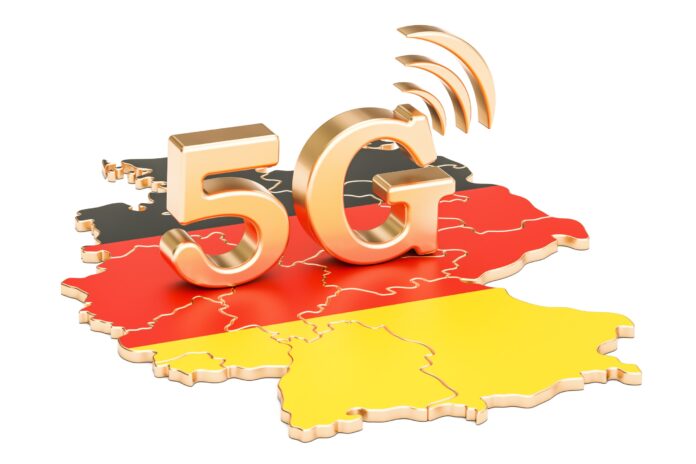The ban could include components already built into networks, said German media
According to a German interior ministry paper obtained by Reuters, the country is considering a ban on certain 5G components made by Chinese companies Huawei and ZTE. German media further stated that this ban could include components already built into networks, which would require that operators remove and replace them, reportedly without compensation.
The ban has not yet been issued, but a spokesperson for the interior ministry confirmed to Reuters that as part of its broader review of its relationship with China, the German government is also reevaluating its telecom suppliers. “The main change is that these strict checks for potential security risks now also apply to the existing components in telecommunications networks,” said the spokesperson.
Huawei, one of five Chinese equipment vendors on the Federal Communications Commission’s list of companies that pose “unacceptable risk to national security or the security and safety of U.S. persons,” has been fully or partially banned from a number of countries around the world and amid the pressure from U.S. sanctions and felt compelled to sell its consumer smartphone brand Honor. In Europe, though, only Britain and Sweden have officially banned Huawei and ZTE from supplying 5G network equipment.
Even as the possibility that Germany will cut ties with Chinese vendors comes as little surprise — the country’s Economy Minister Robert Habeck revealed in November that Germany was looking to become less dependent on China — doing so may prove challenging. That’s because according to a December 2022 survey by European telecoms consultancy Strand Consult, Germany’s 5G ambitions have actually become more reliant on Huawei. The survey indicated that Huawei accounts for 59% of Germany’s 5G RAN, compared to 57% in 4G networks.
In response to these findings, John Strand, founder of Strand Consult, issued a warning to those moving slowly to ban risky network components: “It is more dangerous to be dependent on Chinese telecoms networks than to be dependent on Russian gas,” he said. “Digital infrastructure is the fundament of society.”

